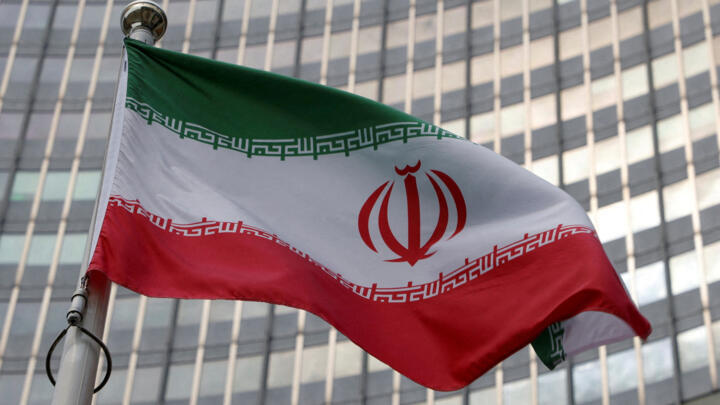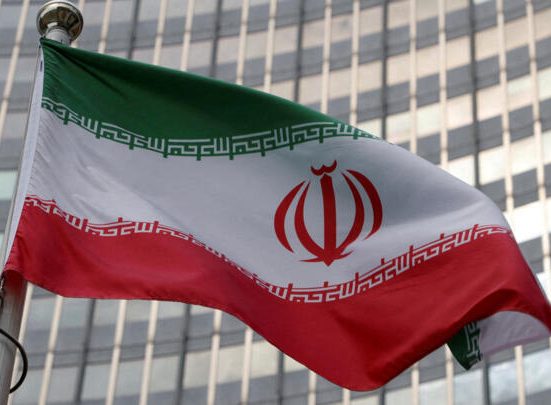In a notable diplomatic overture that could reshape the strategic landscape of the Middle East and South Asia, the Islamic Republic of Iran has expressed willingness to engage with the emerging Saudi-Pakistan defence pact, describing the initiative as a positive move toward fostering collective regional security and cooperation.
Speaking through its Foreign Ministry, Tehran signalled a cautiously optimistic stance, stating that any multilateral security arrangement aimed at ensuring peace, mutual respect, and the protection of territorial sovereignty within the region would receive Iran’s constructive attention. The remarks come amid growing momentum surrounding the recently announced defence collaboration between Saudi Arabia and Pakistan — two nations with long-standing military ties and shared strategic interests.
According to Iranian officials, the core idea behind the alliance aligns with the broader regional aspiration to take ownership of security matters without overreliance on external actors. Tehran emphasized that the region, long plagued by foreign interventions and instability, can only achieve lasting peace through cooperation, trust-building, and shared defence mechanisms rooted in mutual respect and non-aggression.
Analysts view Iran’s interest as a potentially groundbreaking shift, particularly given the historically strained relations between Tehran and Riyadh. While tensions have somewhat eased in recent years following China-brokered talks and a restoration of diplomatic ties in 2023, this latest gesture suggests a further thawing of hostilities and a readiness to pursue joint security goals if conditions prove favourable.
The Saudi-Pakistan defence accord, still in its formative stages, is believed to encompass military training, intelligence-sharing, joint exercises, and coordinated strategies to combat regional threats, including terrorism and cross-border militancy. Islamabad and Riyadh have long enjoyed a robust security partnership, with Pakistan frequently offering military advisory support and training for Saudi forces. The inclusion of a third player like Iran — historically outside this military framework — would significantly broaden the alliance’s scope and diplomatic weight.
Tehran, however, was quick to caution that any defence pact must be inclusive, non-sectarian, and designed to unify rather than divide the region along ideological or geopolitical lines. Officials reiterated Iran’s stance that sustainable peace cannot be achieved through exclusionary coalitions or by isolating key players whose participation is vital to regional balance.
Observers believe Iran’s measured endorsement of the pact may also be driven by a broader recalibration of its foreign policy, as it seeks to counterbalance increasing diplomatic isolation and economic promise essure from the West. By aligning with regional powers like Saudi Arabia and Pakistan, Iran could potentially gain new channels for dialogue and reduce its dependency on adversarial posturing.
While no formal invitation has yet been extended to Tehran, the country’s public signal of interest is expected to spark internal discussions among Saudi and Pakistani defence and foreign policy strategists. The coming weeks may reveal whether this tentative gesture evolves into a more concrete diplomatic engagement or remains a symbolic expression of regional goodwill.
Either way, Iran’s move has added a new dimension to ongoing discussions about the future of regional security architecture in the Muslim world — one that could shift old dynamics and pave the way for new, unexpected partnerships.

